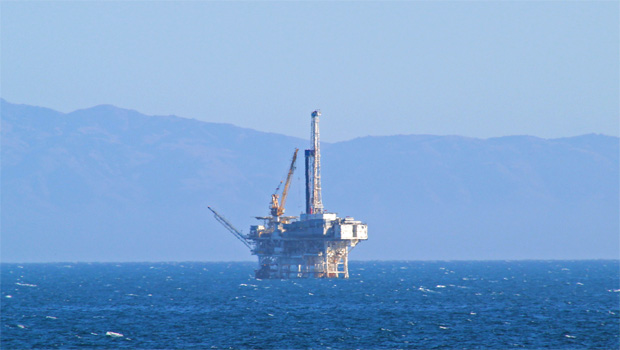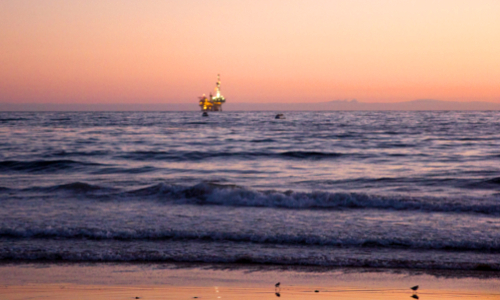http://www.newstalkzb.co.nz/auckland/news/nbnat/1553899118-anti-oil-drilling-protesters-gather-in-dunedin
Newstalk NZ
KPMG Early Edition
Weekdays 5am-6am
TUE, 14 JAN 2014, 05:21
Newstalk ZB
By: Adam Walker, and Sophia Duckor-Jones, | New Zealand News | Sunday January 12 2014 15:52
UPDATED 4:34pm: Diabolical weather conditions haven’t dampened the spirits of anti deep sea oil drilling protesters in Dunedin.
While summer has failed to come to the party, a protest flotilla has gathered at the back beach jetty at Port Chalmers, near the Port of Otago. Heavy rain and strong wind hasn’t stopped hundreds of people turning up to vent their frustrations at the offshore drilling by Shell and Anadarko. The protest flotilla will attempt to spread itself across from Goat Island to Quarantine Island, a channel used by commercial shipping vessels. Oil Free Otago says the strong turn out in the freezing conditions shows Dunedinites don’t want offshore drilling in their backyard.
Shell’s plans to drill offshore in the Great South Basin in December 2016. Oil Free Otago’s Rosemary Penwarden says it’s a dying industry. “There’s a really quite long timeline before we would even get to full production. If it’s gas, 35 years.
“We’re talking quite long term. And we have not got that amount of time.”
Ms Penwarden has a firm message to the oil giants. “I’ve just listened to a day of people telling me that we have a far better future ahead of us if we say no to the likes of Anadarko and Shell down here.”
Meanwhile, a Pro Oil and Gas Otago Facebook page has attracted more than 400 ‘likes,’ in two days.

Photo: Offshore oil rig (Stock.xchng)
Powered by MediaSpan | Web Design – Terabyte © The Radio Network | Sitemap
______________________
http://www.newstalkzb.co.nz/auckland/news/nbnat/1905189514-drilling-protestors-accused-of-hypocrisy
NewztalkNZ
KPMG Early Edition
Weekdays 5am-6am
TUE, 14 JAN 2014, 04:57
Newstalk ZB
Drilling protestors accused of hypocrisy
By: Emily Murphy, | New Zealand News | Monday January 13 2014 5:04
Related Video
Anti oil drilling protesters gather in Dunedin
UPDATED 6:30am: A Dunedin City Councillor says the city needs to welcome deep sea oil drilling, not fight against it.
Hundreds of people joined in a protest at Port Chalmers yesterday, to vent their frustrations at the offshore drilling by Shell and Anadarko.
But councillor Hilary Calvert says that kind of opposition is hypocritical.
“Until they personally run their own lives without fossil fuels I’m not prepared to consider their position about not extracting fossil fuels.”
MS Calvert says the drilling could create jobs, while giving the city a more diverse economy.
“Our life is about managing risks. Everything that has an upside has a downside and it’s important to manage those risks but living life without risk is not possible.”
Shell plans to drill offshore in the Great South Basin in December 2016.
Special thanks to Richard Charter
